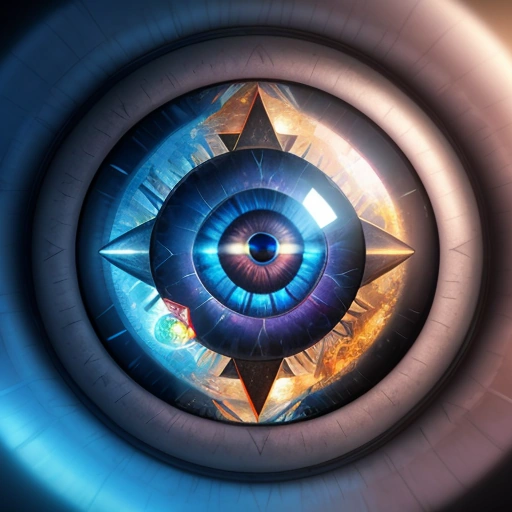

If you just want it for emergency purposes or irrigation, rain water harvesting can be fairly cheap and easy. Even a proper cistern, with a pump, and plumbed into your house is probably cheaper than whole-house off-grid solar. Probably want good filters for PFAS though.










I don’t understand the Scrum one. Scrum is also agile with short development cycles, and prioritizes communication with the product owners and stakeholders.
I’ve never heard of lean development, but not a fan of “lean manufacturing,” at least not the way it’s commonly implemented in the U.S. (using primarily temp workers so they can ramp up and down their workforce as needed; and it also exacerbates supply-chain problems).